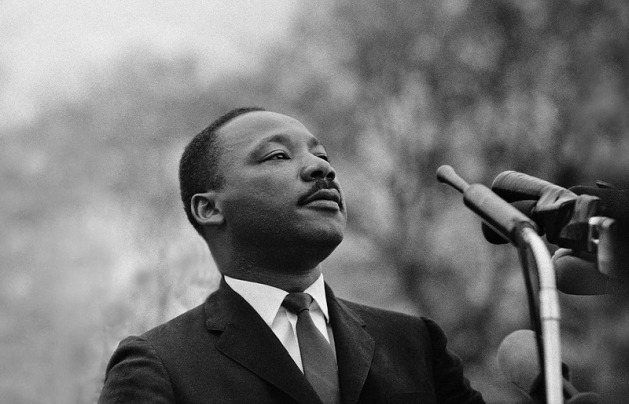WASHINGTON DC, Jan 20 (IPS) – Every year, January 20 is celebrated as Martin Luther King Jr. Day. He was a leader in the Civil Rights Movement who fought for equality and justice, especially for Black people, through peaceful protests and powerful speeches. The day is observed annually on the third Monday of January, close to his birthday on January 15. It is a time to remember his work, reflect on his message of fairness and nonviolence, and engage in acts of service to help others in our communities.
As a global health equity advocate, MLK Day holds special significance for me as a day to remember him as a health equity champion. He rightly identified health inequity as the worst form of social injustice. In his 1966 speech at the Second National Convention of the Medical Committee for Human Rights, MLK stated, “Of all the forms of inequality, injustice in health is the most shocking and inhuman”. I couldn’t agree more.
Growing up in Nigeria as a high school student in the 1980s, I was introduced to MLK through reading editions of Ebony magazine. I remember with nostalgia how I walked to roadside book sellers to buy old copies of the magazine.
These magazines introduced me to Black American social justice debates, including the works of MLK and Thurgood Marshall. It was an opportunity to connect spiritually with Africans in the diaspora – Black Americans – and their struggles. What struck me most as a child was MLK’s nonviolent demand for racial justice.
After high school, I went on to medical school in Nigeria to begin my training as a doctor. By the time I graduated in 1998, it was clear to me that patients’ rights must be respected in healthcare delivery. As health workers, we must prioritize preventive care while providing the care our patients need.
At the time, I did not know the right term for my convictions. Decades into my work in global health, I came to understand the term for my beliefs: health equity. In 2018, I delivered my first TEDx talk titled “




